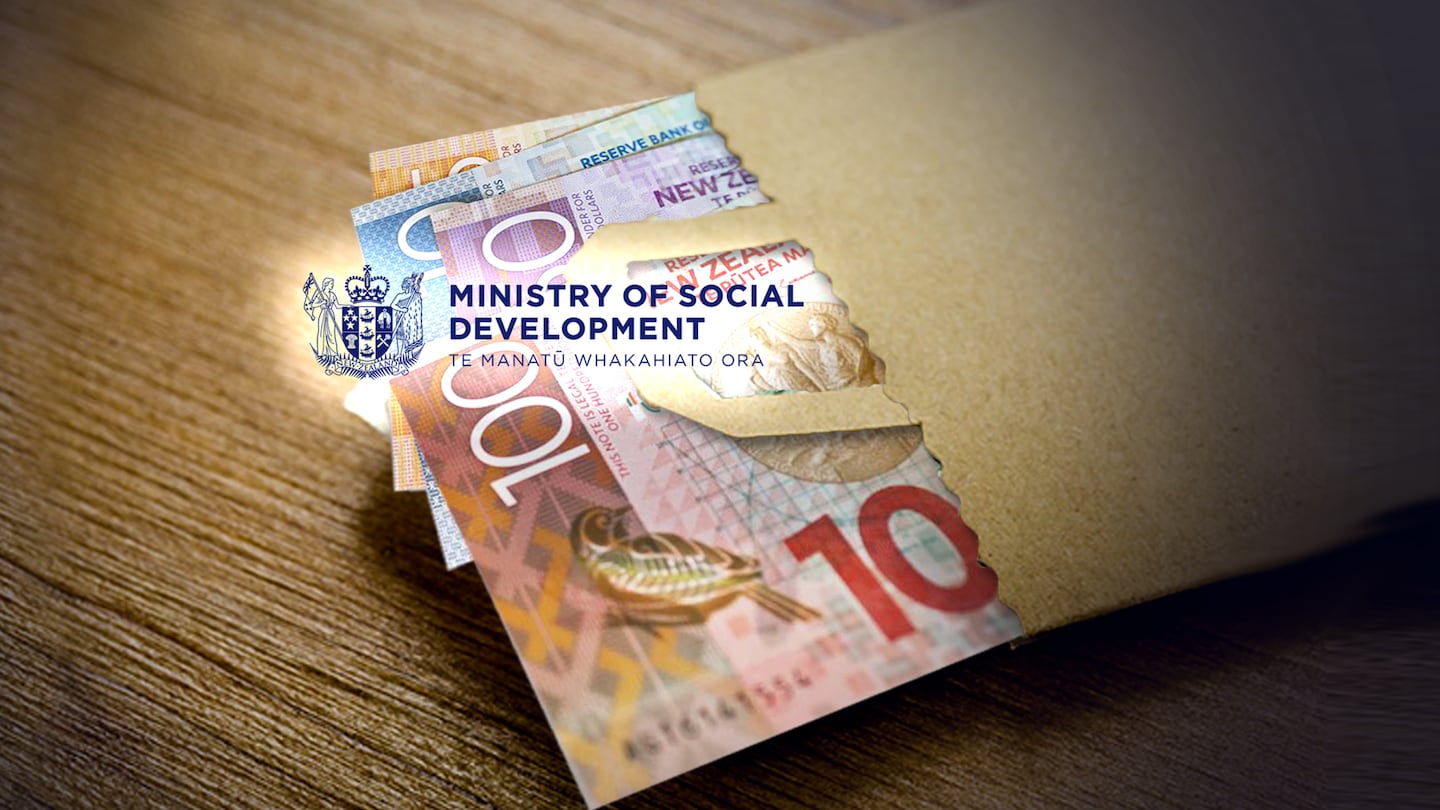Whānau are having to rely more heavily on services like food banks because they are being forced to pay off debts through attachment letters that cut back their benefit payments.
Last week, community advocates including the Salvation Army, the Child Poverty Action Group (CPAG) and budgeting services sent a joint letter to the government calling for an immediate moratorium, or suspension, on attachment orders against all benefits.
Ministry of Social Development figures from 2021 show 57.3 per cent of all attachment orders were against Māori Work and Income New Zealand clients, despite the fact they only make up 36.6 per cent of all beneficiaries.
Auckland Central Budgeting Consultants senior financial mentor Teresa White says attachment orders are causing significant financial harm to people and their families, making them have to rely more heavily on services like food banks.
“We have an example of a couple who had only $60 a week for food. It’s just not enough.
“That is after only having a $20 attachment order, so it wasn’t a huge amount of money. But when you’ve got such a small amount that $20 is huge,” she says.
‘Take people’s circumstances into account’
The letter sent to the government calls for a judgment-proof debtor policy, which is being used in the Australian state of Victoria. Under that policy, a person is said to be judgment-proof if they do not have enough assets for a creditor to take.
“If the person has the capacity to pay and is willing to pay, they can,” White says, “so that’s one of the aspects that is slightly different to what is going on now.”
While some attachment orders against people are the consequence of an action people took, White says their legitimacy is questionable.
“We have examples of people with debts against them through attachment orders by companies that don’t exist anymore. There’s a particular company that is being prosecuted by the Commerce Commission for inflating its level of debt in an attachment order and we’re still seeing debts come in for that company.”
The District Court (Protecting Judgment Debtors on Main Benefit) Amendment Bill was pulled from the ballot in Parliament last week as well. Under it, an attachment order can only go up to five percent of a beneficiary’s net income.
However, White says five per cent is still a lot to take out.
“I guess we’d want to see something a bit more holistic that takes an individual’s circumstance into consideration a bit more.”




